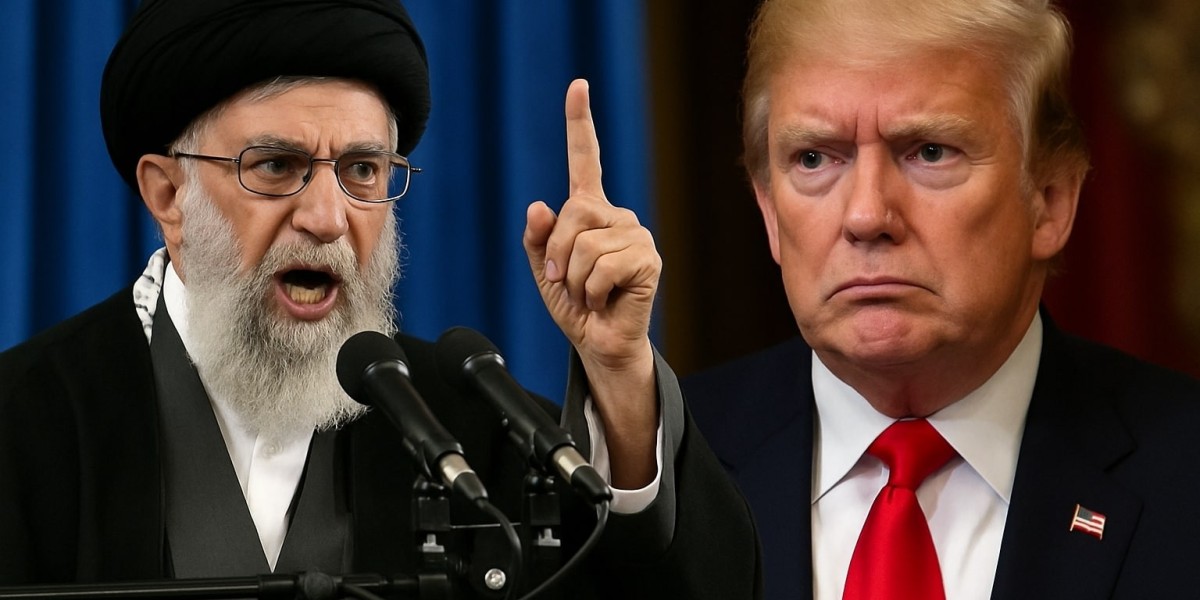For years, the U.S. government has used economic pressure to try and influence other countries. One of the most powerful examples of this was the Trump sanctions on Iran. After the U.S. pulled out of the 2015 nuclear deal in 2018, President Trump launched what he called a “maximum pressure” campaign. It was designed to push Iran into accepting new terms on its nuclear and regional activities.
But despite the financial hardship and international isolation, Iran didn’t give in. Instead, it pushed back, signaling to the world that it would not fold under pressure.
What Were the Sanctions Meant to Do?
The U.S. sanctions on Iran had one goal: force Iran to change its behavior. The U.S. wanted Iran to:
Re-negotiate the nuclear deal with tougher restrictions
Reduce its support for regional groups like Hezbollah and the Houthis
Limit its missile development programs
Withdraw influence from neighboring countries like Iraq and Syria
The Trump administration believed that if Iran’s economy was squeezed hard enough, the country would have no choice but to agree. But that didn’t happen.
How Iran Responded
Instead of giving in, Iran adjusted. Yes, the economy suffered, but the government found ways to survive—and in some areas, even grow stronger.
Here’s how Iran responded:
Shifted oil sales to smaller buyers and informal markets
Strengthened trade ties with China, Russia, and other non-Western countries
Focused on local production and domestic industries
Encouraged digital businesses and online commerce
Used barter deals and unofficial trade routes to keep commerce going
This resilience has helped Iran continue its path without making the major concessions the U.S. expected.
The Human Cost of Sanctions
While Iran’s government worked on survival strategies, it was ordinary people who suffered most.
Prices for food, fuel, and medicine soared
Access to certain life-saving drugs became limited
Young Iranians struggled to find jobs or afford housing
The value of the Iranian rial dropped drastically
Still, even under hardship, many Iranians adapted. Some launched small businesses online. Others turned to freelancing or cryptocurrency. Many say the situation forced them to become more self-reliant and creative.
Iran’s Stronger Global Ties
The maximum pressure campaign on Iran also pushed the country to look East. As its relationship with the West soured, Iran deepened ties with countries like:
China – signing a 25-year economic and security partnership
Russia – collaborating on energy, military, and trade
India and Turkey – expanding regional cooperation
Iran also joined BRICS in 2024, a group of major emerging economies. This signaled a shift toward a multipolar world order, where U.S. influence is not the only global force.
What Do Iranians Say?
Many Iranians are critical of both the U.S. sanctions and their own government’s response. Some say the government should be more open and transparent. Others believe the U.S. uses economic pain as a weapon.
But there’s one feeling that many Iranians share: pride in their country’s ability to stand strong.
A 32-year-old entrepreneur in Tehran put it this way:
“We don’t agree with everything our leaders do. But we also won’t be bullied by another country. We’ve learned how to stand on our own.”
The International Community Reacts
The Trump administration's Iran policy sparked debate worldwide.
European countries, including France and Germany, tried to save the original nuclear deal
China and Russia openly criticized U.S. sanctions as unfair
Human rights groups raised concerns about the impact on civilians
UN reports highlighted how the sanctions hurt the economy but didn’t achieve policy change
Many questioned whether sanctions are the best way to influence another government—especially when they cause harm to innocent people.
A New Strategy Needed?
As of 2025, U.S. sanctions remain in place, though some have softened under newer administrations. Still, Iran shows no signs of giving in.
Some analysts believe it’s time for a fresh approach. They argue that diplomacy and respect, rather than punishment, may offer better long-term results.
If the goal is peace and stability, many say we need to:
Rebuild trust
Encourage open dialogue
Offer mutual concessions
Focus on shared regional goals
Final Thoughts
Iran’s refusal to give in to U.S. economic pressure shows just how complex international politics can be. While the multipolar world order grows, countries like Iran are learning how to survive outside the traditional Western system.
Despite the hardships, Iran has stayed firm—and even found new ways to adapt. This story isn’t just about politics. It’s about resilience, creativity, and the will to stand strong, even when the world pushes hard.
The world is watching. And in many ways, this could change how we all think about power, pressure, and peace in the years to come.






